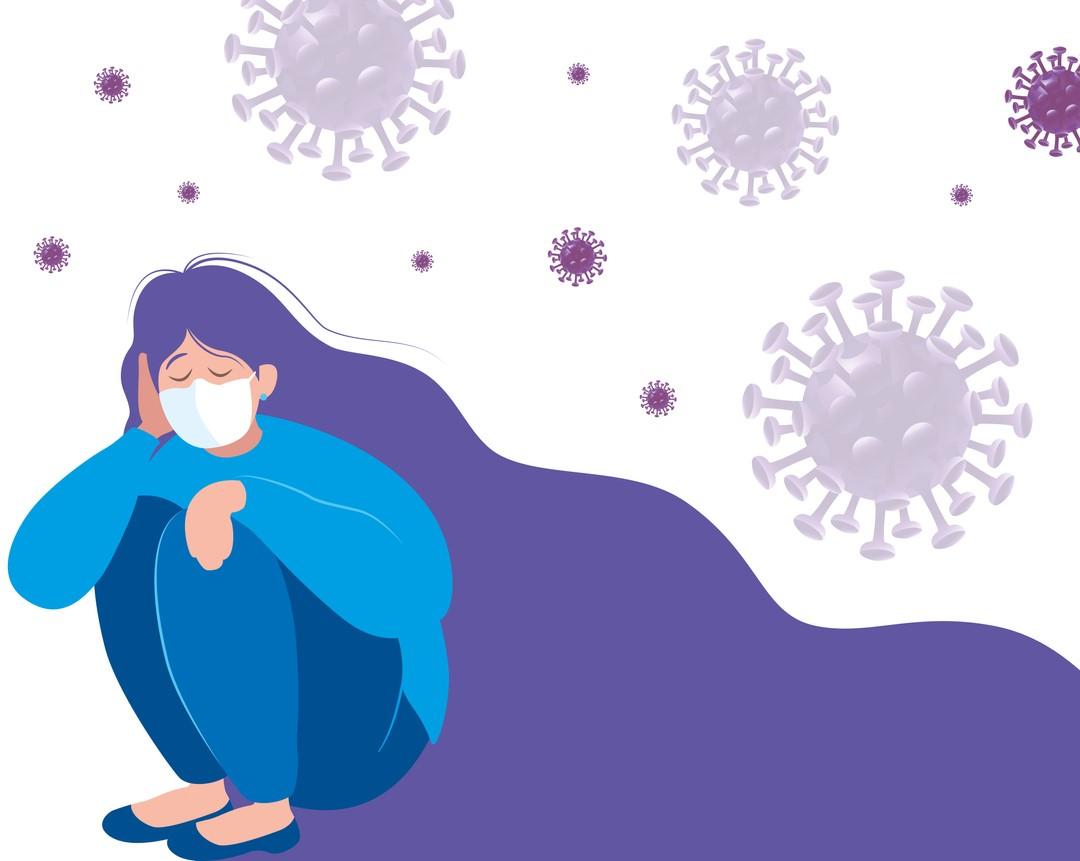
A new survey study reveals that people who had two COVID-19 infections were more than twice as likely—and those who had three or more COVID-19 infections were almost four times more likely—to report long COVID as those with one infection.
The study involved 3,382 global survey respondents and was conducted by researchers with the Patient-Led Research Collaborative on long COVID. It was published this week on Research Square, which is the preprint service of the Nature Portfolio. It has not yet undergone peer review.
Among the survey respondents, who were polled from March 30 to September 1, 2023, 22% had never had COVID-19, 42% had it once, 25% twice, and 10% three times or more. They said their acute SARS-CoV-2 infections occurred from February 2020 through August 2023, with 24% of first infections and 27% of re-infections in 2020. They reported that 52% of first infections and 43% reinfections were in 2022, while 7% of first infections and 15% of reinfections were in 2023.
Reinfection raised risk of severe fatigue, functional limitations
The researchers found that, compared with people who had COVID only once, those who had two COVID infections were 2.14 times more likely to report long COVID, and those who had three or more COVID infections were 3.75 times more likely to have the long-term condition. They also noted that the odds of both severe fatigue and post-exertional malaise, both of which can be quite debilitating, increased with reinfections.
These findings underscore the need for robust public health measures for COVID-19 infection prevention and the importance of considering reinfections in Long COVID research and clinical practice.
Fatigue severity also increased with re-infections. As did the odds of functional limitations, such as bathing and dressing difficulty and limits on moderate activity.
The researchers also noted that the number of pre-infection vaccines and boosters cut the risk of long COVID, but their efficacy was diminished by reinfections.
The authors conclude, "These findings underscore the need for robust public health measures for COVID-19 infection prevention and the importance of considering reinfections in Long COVID research and clinical practice." The team summarized its findings on X.












